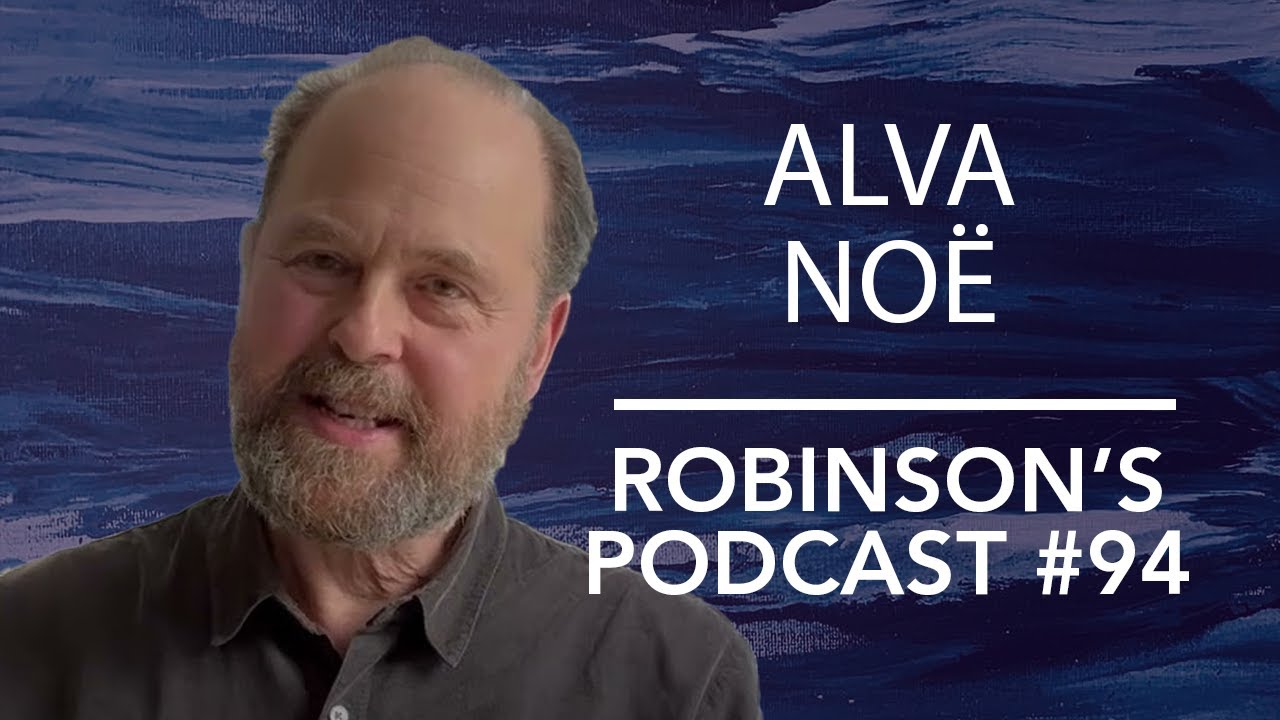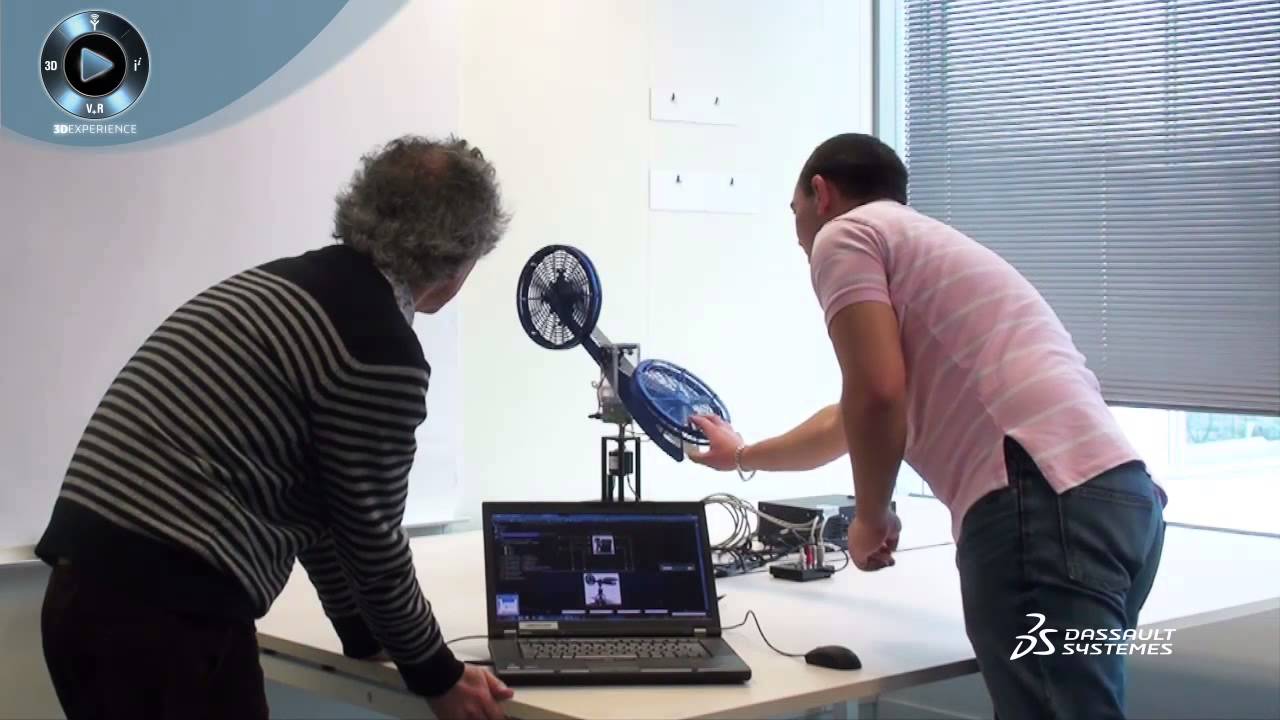Robinson Erhardt
Alva Noë is Professor of Philosophy and Chair of the Department of Philosophy at the University of California, Berkeley, where he researches the philosophy of mind—primarily focusing on perception and consciousness—and the philosophy of art. In this episode, Robinson and Alva discuss the latter, for while Alva is already the author of two books in the area—Strange Tools: Art and Human Nature (Farrar Strauss and Giroux, 2015) and Look: Dispatches from the Art World (Oxford, 2021)—June 23, 2023 will mark the release of a new work, The Entanglement: How Art and Philosophy Make Us What We Are (Princeton University Press). Robinson and Alva touch on topics from all three works, including the interrelationship between art, philosophy, phenomenology, and neuroscience.
Alva’s Website: http://www.alvanoe.com
Alva’s Twitter: https://twitter.com/alvanoe
OUTLINE
00:00 In This Episode…
00:38 Introduction
04:08 Mind and Art
10:05 Knowledge and Making
18:39 Attention and Rembrandt
31:28 Viewer and Creator
41:29 Art as a Philosophical Practice
47:00 Neuroscience
57:09 The Entanglement
01:17:15 Phenomenology, Art, and Analytic Philosophy
Robinson’s Website: http://robinsonerhardt.com
Robinson Erhardt researches symbolic logic and the foundations of mathematics at Stanford University. Join him in conversations with philosophers, scientists, weightlifters, artists, and everyone in-between.
Source




Fantastic interview! Great questions, thanks a lot!
I'm impressed with the quality of your guests. I'm wondering if you could possibly get Robert Brandom on. Cheers
Yeah, I was likewise very impressed with the quality and also the breadth of guests! Nice work, it’s a testament to your skills as an interviewer. This interview with Noë was especially neat for me as he isn’t interviewed as much as some of your other guests.
Speaking of guests, are you familiar with Evan Thompson at UBC? His research interests overlap with Noë’s quite a bit and he is doing interesting work in the field of embodied cognition.
Barbara Tversky could also be interesting in this regard, her career followed the ascendancy of cognitive psychology. She speaks really well on how cognitive science has more restrictive concepts of higher-order cognitive skills, seeing them as more lower-order than they are, and locating the mind more specifically within the brain per se. She has always had a more enactive/embodied approach and this may become more ascendant in the coming years. Her discussions of how our way of speaking about ideas is necessarily embodied (ie, to toss an idea around, turn it over, feel it out, raise it or quash it) is really fascinating.
Finally, I find fascinating her ideas around the primacy of embodied processes, way-finding and movement relative to the environment to more higher-order processes of language, social skills, etc and how this can be seen in the evolution of the brain.
All of these ideas are, selfishly, things I am interested in learning more about and hence asking you to speak with these people 😂 I work with kids with behavioural and mental health concerns in a kid’s hospital. I work a lot w kids on the autism spectrum. Some researchers I admire talk about how theories and development of therapies for ASD have been stifled by the ascendancy of cognitive science, which sees ASD largely as the absence of or difficulty with higher order processes (language, social skills, etc) but takes these higher order processes to be more foundational and does not seem curious about the intelligences that are primary to them and on which they are built. Specifically with things like autistic “stimming”, cognitive psych theories have very little to say about these behaviors and their function or importance for the individual.